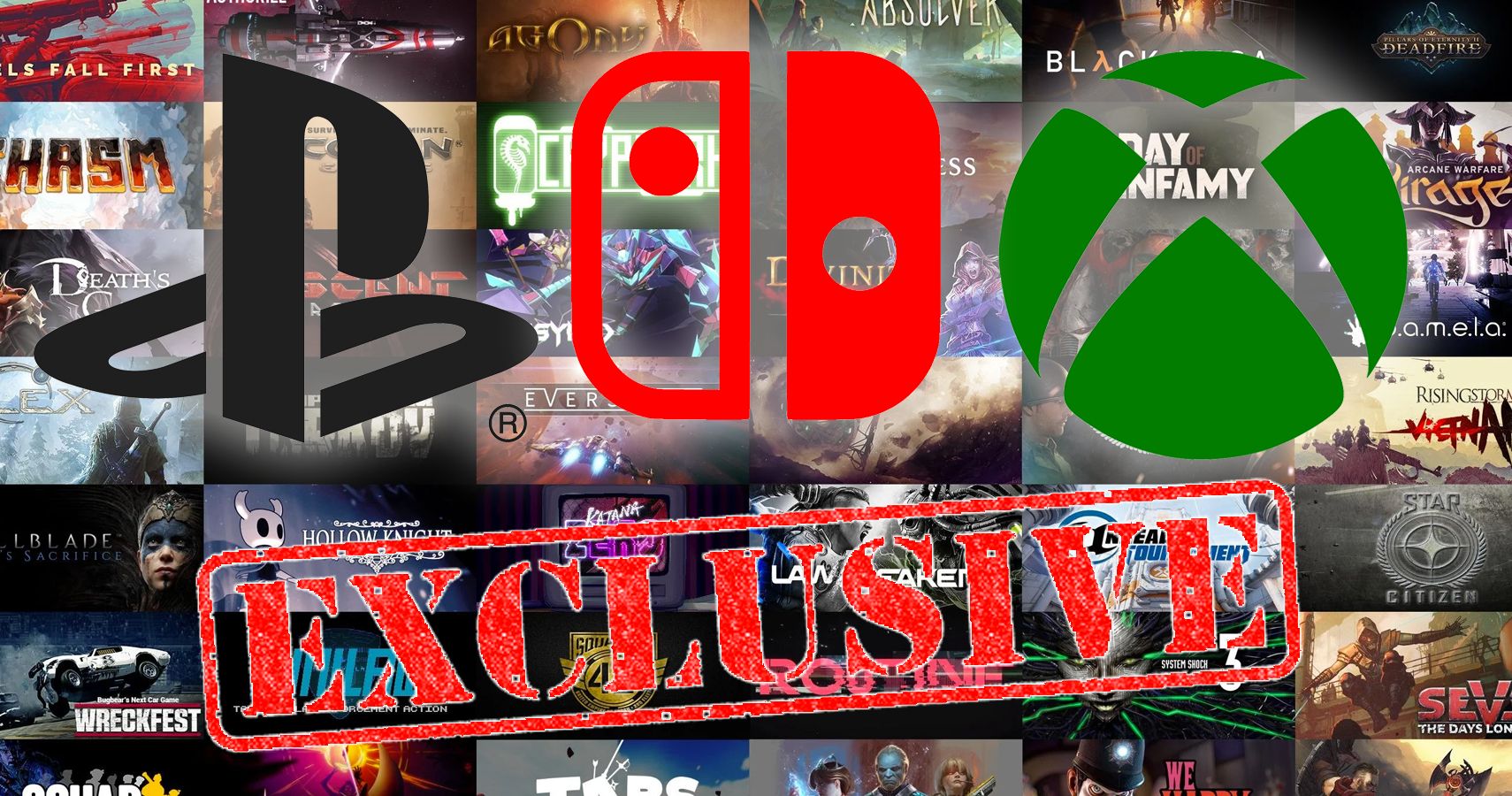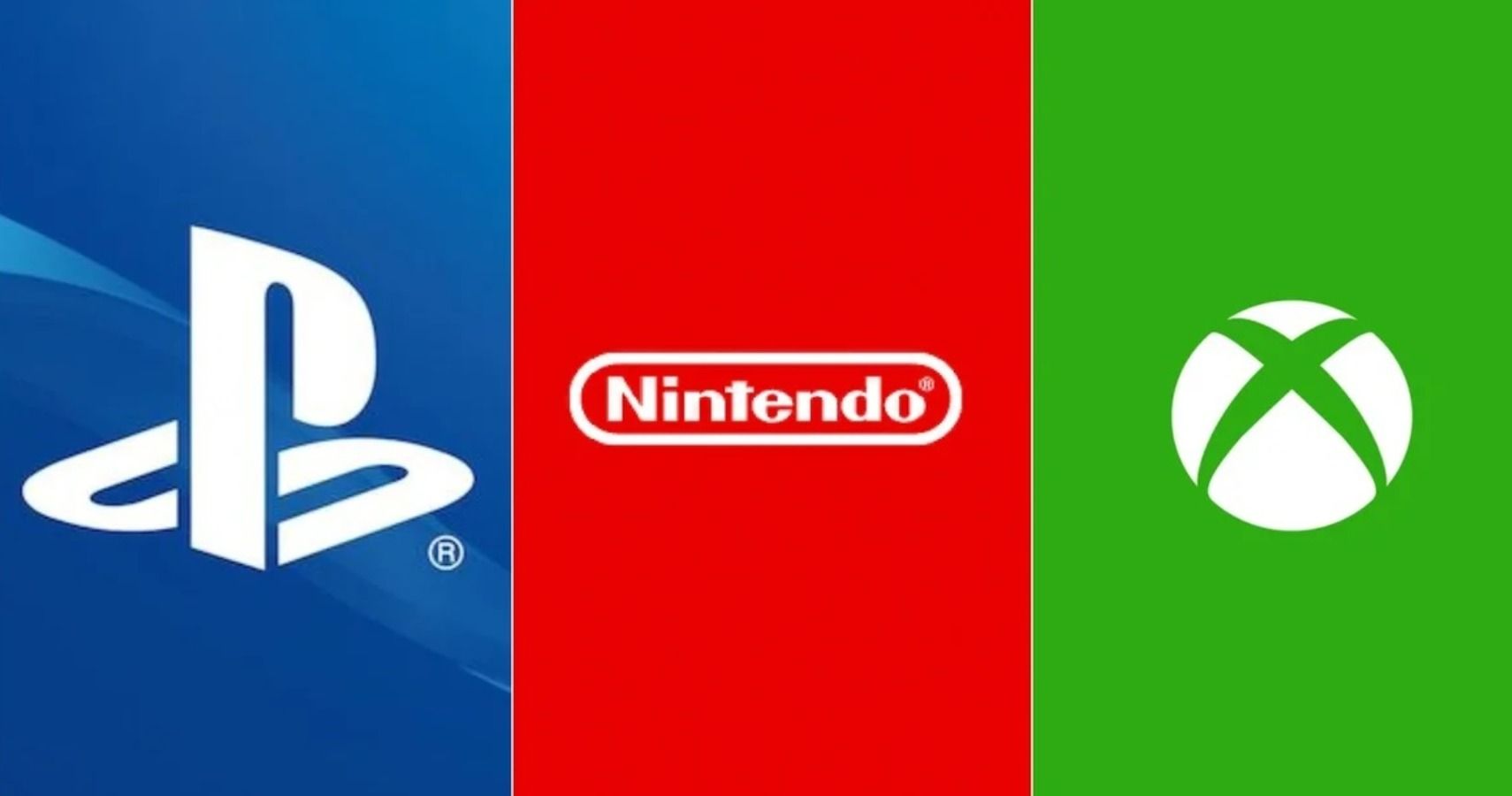A trending topic in gaming in the past few years has been about exclusivity in gaming. However, what is the point? Is it simply about getting consumers to gravitate toward a specific console? Is it greed on the part of the publishers? There are a number of reasons why exclusives exist in the first place.
The fact of the matter is that exclusives can be good. This is currently an uncommon opinion among many gamers, but while cross-platform games have plenty of merits, exclusivity is often a driver of quality and, ironically, gives developers more breathing room in developing for target consoles.
Exclusivity has existed for a long time. Since the days when Sega began competing with Nintendo, the "console wars" have been part of an open discussion. When Sega created Sonic the Hedgehog, it was an apparent answer to the Super Mario games. The Sonic games put their own spin on the 2D platformer, popularized by Super Mario Bros., by making speed an integral part of the gameplay. When compared with Super Mario, Sonic the Hedgehog just appeared to be more intense for its blistering pace and expert level designs.
Exclusivity has come a long way since the early '90s, however. Sega is no longer a part of the competition and now Nintendo, Microsoft, and Sony are the main competitors. While Microsoft and Nintendo have been flirting as of late, their platforms are still comprised of prized exclusives that set the consoles apart and are representative of the quality produced by exclusivity as a factor.
For example, Sony's Uncharted series, Microsoft's Halo series, and Nintendo's The Legend of Zelda series are all revered series in their own rights and have long existed as exclusive to their respective publishers. While they aren't direct competitors, the series' games have all been designed for one platform and as a reason to purchase the platforms. This isn't to say that, if each of these series were cross-platform, they would be worse. However, it is to say that if they were cross-platform, the developers might be spread thinner in using resources to optimize the games for each console and not use enough resources to best utilize specific hardware capabilities.
In other words, focusing on development for one platform allows developers more room to maneuver in optimizing exclusives for the hardware's abilities, and coming up with a suitable alternative to an exclusive like, say, Forza generates developer ambition and a desire to publish the best product possible.
Cross-platform titles are, obviously, some of the best there are. The Elder Scrolls series has produced some of the best cross-platform games that exist, as well as many others. However, exclusivity can be a huge driver of quality and foster developer creativity. This notion can be proven by instant classics like The Legend of Zelda: Breath of the Wild and The Last of Us.


